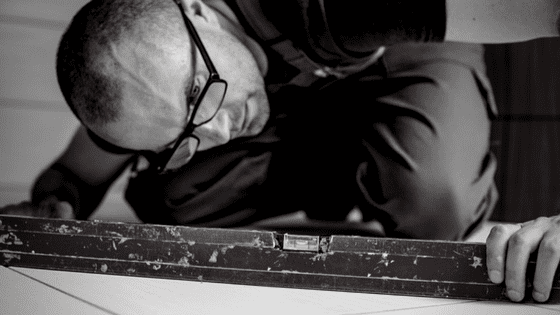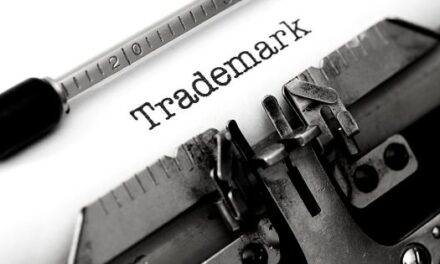Moving to Australia for work prospects and a new lifestyle is no easy task. As with any big move that involves setting up your own business, there’s a mound of paperwork and legal hoops to jump through first. But those that are prepared for the challenge come out on the other side much better for it – not to mention the business possibilities that can be achieved by the dedicated and hard working.

Australia has no shortage of construction and trades opportunities. From small residential projects and one-man jobs to multi-billion-dollar infrastructures. And those immigrants willing to put in the hard yards reap the excellent financial and lifestyle benefits that can come with the industry.
Building your own business gives you better control over the projects you work on and the people you work with. If you do it right (and for long enough), the potential income increase that can comes with venturing out on your own is highly appealing too! Ready to take the plunge and explore everything Australia has to offer? Here’s what you need to know first:
1. Get the Legalities and Paperwork in Check
This is a big one. After your visa and Tax File Number (TFN) are sorted and approval to work has been granted, make sure the rest of the paperwork is completed. Aside from the skills you’re bringing with you, you’ll need a building certification, as well as any licenses associated with the industry. Each state has different requirements when it comes to licenses, so check what applies to you.
In Australia, many tradies will go through extensive licensing processes for their small business to join peak industry organisations such as Master Builders Australia or the Housing Industry Association (HIA). This shows that they have obtained the proper accreditations to perform the work and adds credibility to their business / trade. It also helps them to gain respect and trust. Permits specific to your trade will also need to be obtained. These are managed by the individual states or governments.
2. Public Liability Insurance Matters
To begin work in Australia, you’ll need to take out compulsory insurance, such as workers compensation. Businesses in the construction and trade industries are required to have certain insurance covers before carrying out any work. As with licenses and permits, these vary from state-to-state, so make sure you find out the regulations for your state.
Public liability insurance is a must for tradies. Accidents happen – no matter how well-honed your skills and expertise. And if an accident causes injury, illness or damage to you or anyone else, the costs can be crippling. If you’re planning to engage subcontractors to work with you too, check whether or not your insurance policies cover them as well. Most people will prefer to do business with someone who has reliable insurance cover, so they can rest assured that everything will be taken care of. Other insurance policies to consider include tools insurance, vehicle insurance and insurance for loss or damage to property.
3. Optimise Your Customer Experience
The building and construction industry is competitive in Australia – thus, customer satisfaction is paramount. Optimising your customer experience gives you a competitive edge and shows that you’re putting their best interests first.
Whether it’s having enough flexibility to accommodate any changes, quick communication, outlining clear and accurate budgets (and sticking to them) or offering a range of payment options, making the process as easy as possible for your clients shows that their experience is important to you – and you care.
4. Set Clear Payment Terms and Automate Invoicing
Including multiple payment options for clients doesn’t just benefit them – it’s a good step towards improving the cash flow of your business too. Cash flow is critical for any business. Setting clear payment terms and automating invoicing can help to avoid a cash crisis and keeps the paperwork in check.
Unfortunately, late payments tend to be a big issue in Australia, so make sure you are very clear on when payment is due. Every invoice must include the due date and payment terms, including what will happen should the payment be late. Steer away from the paper invoices to digital alternatives which will save time, hassle and stress. There are a number of apps which enable you to invoice straight from your smartphone to the client. For those with a larger client base, investing in a business accounting software can instantly update accounts and chase up clients with automatic reminders.
5. Ensure You’re Updated with the Local Building Codes
The local building codes will differ from those other countries. Are you up-to-date with what’s relevant to you in Australia? Every tradesperson is expected to understand the local council and building code regulations. Any work performed outside of these will only waste time, money and your effort. There are also strict penalties in place if work doesn’t comply for building inspections.






















